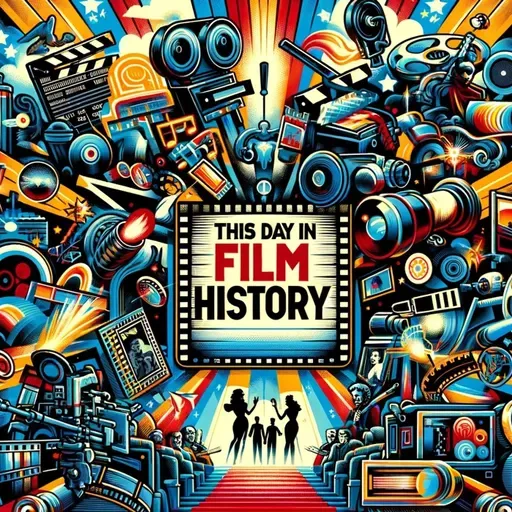
About
On October 22, 1938, Orson Welles broadcasted his legendary radio adaptation of H.G. Wells' "The War of the Worlds" on the CBS radio network. The broadcast, which was part of the Mercury Theatre on the Air series, began at 8:00 PM and lasted for approximately one hour.
What made this broadcast particularly significant was the way it was presented. The first two-thirds of the program were designed to sound like a genuine news broadcast, with realistic news bulletins interrupting a seemingly ordinary music program. These bulletins gradually escalated in intensity, describing a Martian invasion taking place in real-time. The use of real place names and the mention of real institutions, such as the Intercontinental Radio News, added to the authenticity of the broadcast.
Many listeners who tuned in after the introduction believed that the events described in the broadcast were real. Despite the announcements made during the broadcast stating that it was a fictional dramatization, the realistic nature of the "news bulletins" caused widespread panic. People fled their homes, and there were reports of traffic jams and congestion on the highways as people attempted to escape the supposed invasion.
The reaction to the broadcast demonstrated the power of radio as a medium and its ability to influence public opinion and behavior. It also showed the potential dangers of blurring the lines between fiction and reality in mass media.
The "War of the Worlds" broadcast launched Orson Welles to national fame and established him as a major creative force in the entertainment industry. The broadcast has since become a classic of radio drama and a cultural touchstone, with numerous studies, documentaries, and adaptations exploring its impact and legacy.
In the years following the broadcast, CBS and other radio networks implemented policies to ensure that fictional radio dramas were clearly identified as such to avoid similar incidents of public panic. The event also sparked discussions about the responsibility of media outlets and the need for media literacy among the general public.
Today, the "War of the Worlds" broadcast remains a fascinating example of the power of storytelling and the impact that mass media can have on society. It is a reminder of the importance of responsible journalism and the need for critical thinking in the face of persuasive media messages.
Some great Deals https://amzn.to/49SJ3Qs
For more check out http://www.quietplease.ai
This content was created in partnership and with the help of Artificial Intelligence AI
What made this broadcast particularly significant was the way it was presented. The first two-thirds of the program were designed to sound like a genuine news broadcast, with realistic news bulletins interrupting a seemingly ordinary music program. These bulletins gradually escalated in intensity, describing a Martian invasion taking place in real-time. The use of real place names and the mention of real institutions, such as the Intercontinental Radio News, added to the authenticity of the broadcast.
Many listeners who tuned in after the introduction believed that the events described in the broadcast were real. Despite the announcements made during the broadcast stating that it was a fictional dramatization, the realistic nature of the "news bulletins" caused widespread panic. People fled their homes, and there were reports of traffic jams and congestion on the highways as people attempted to escape the supposed invasion.
The reaction to the broadcast demonstrated the power of radio as a medium and its ability to influence public opinion and behavior. It also showed the potential dangers of blurring the lines between fiction and reality in mass media.
The "War of the Worlds" broadcast launched Orson Welles to national fame and established him as a major creative force in the entertainment industry. The broadcast has since become a classic of radio drama and a cultural touchstone, with numerous studies, documentaries, and adaptations exploring its impact and legacy.
In the years following the broadcast, CBS and other radio networks implemented policies to ensure that fictional radio dramas were clearly identified as such to avoid similar incidents of public panic. The event also sparked discussions about the responsibility of media outlets and the need for media literacy among the general public.
Today, the "War of the Worlds" broadcast remains a fascinating example of the power of storytelling and the impact that mass media can have on society. It is a reminder of the importance of responsible journalism and the need for critical thinking in the face of persuasive media messages.
Some great Deals https://amzn.to/49SJ3Qs
For more check out http://www.quietplease.ai
This content was created in partnership and with the help of Artificial Intelligence AI